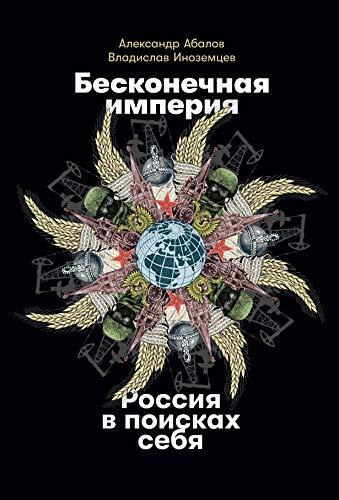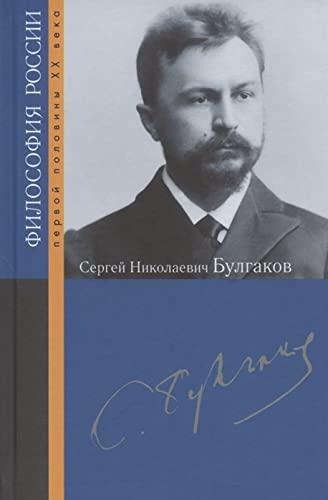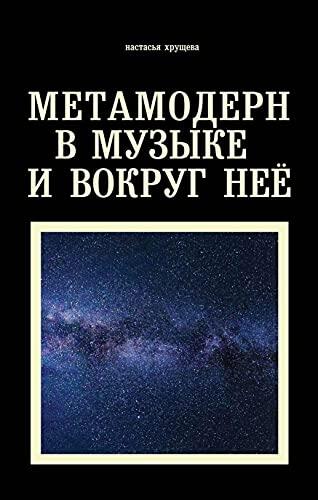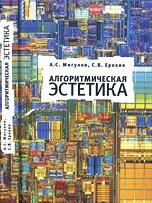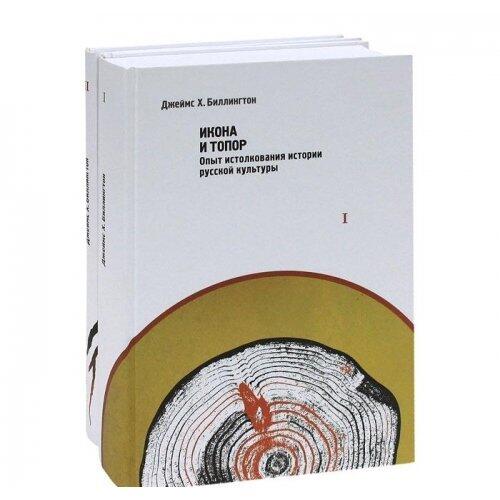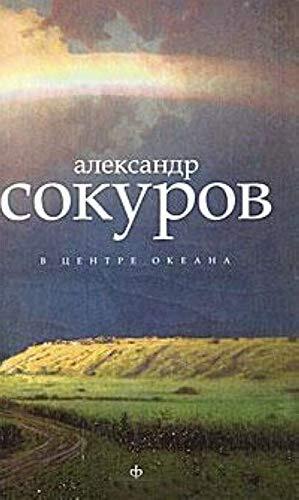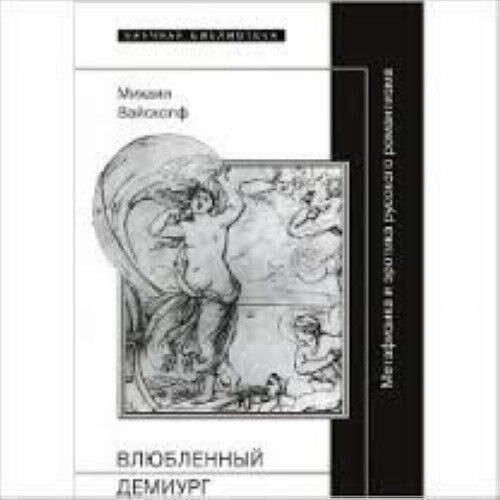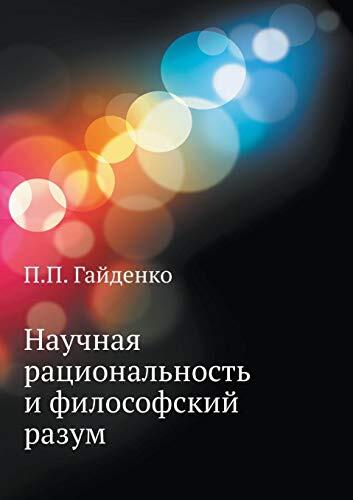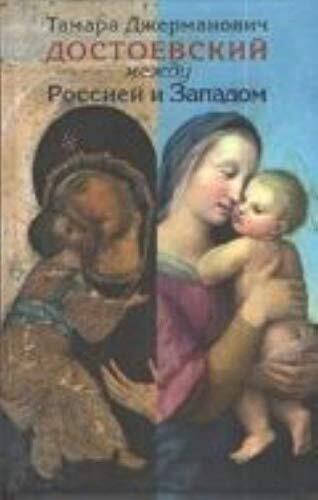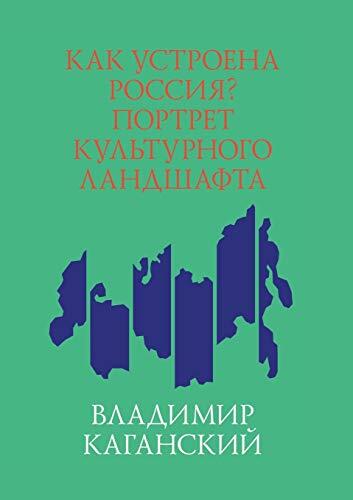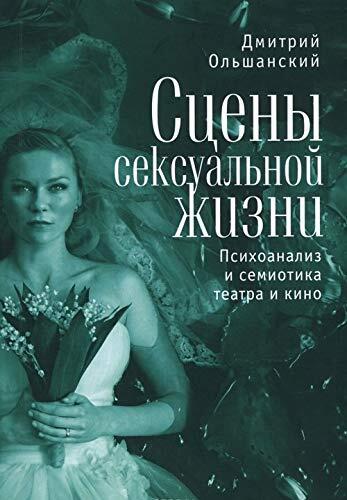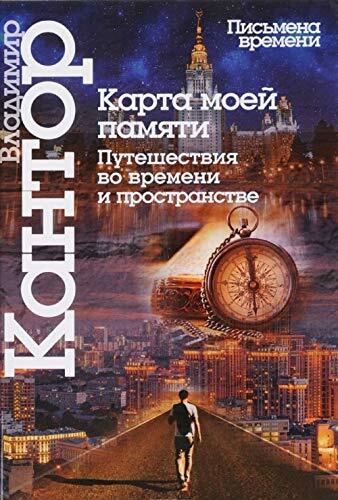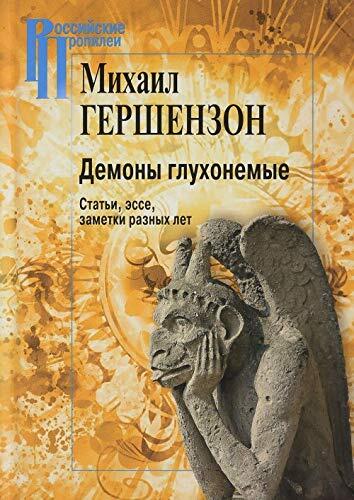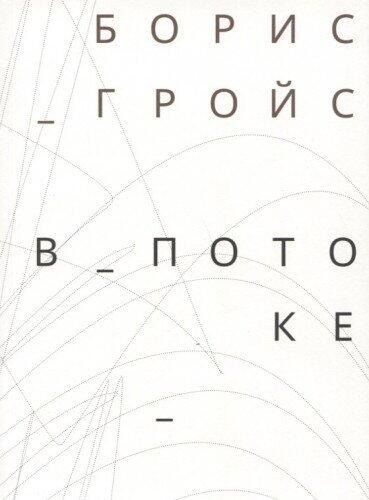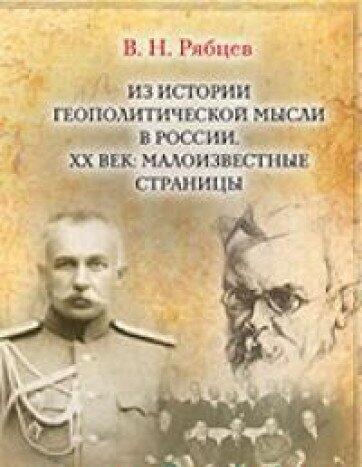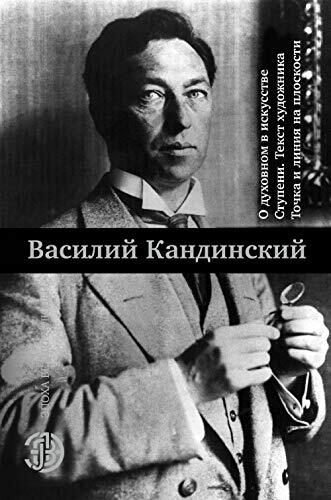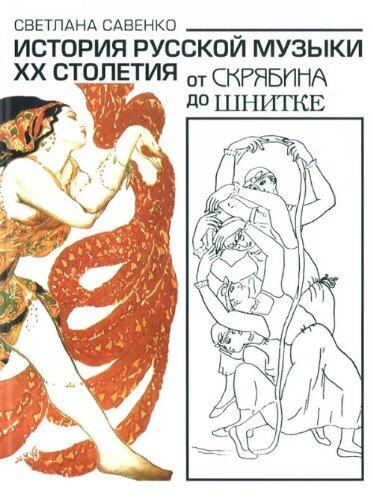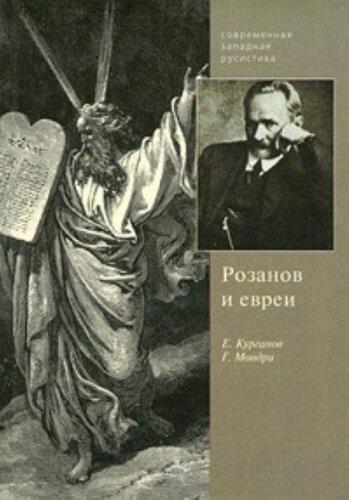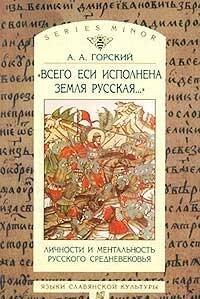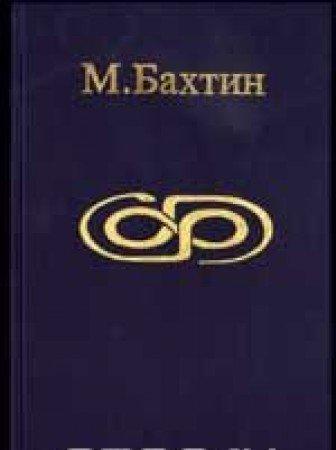
Freidizm. Formal'nyi Metod v Literaturovedenii. Marksizm i Filosofiia Iazyka. Stat'i:
بواسطة
Valentin Voloshinov
لا توجد تقييمات بعد
Philosophy
تنسيق
غلاف صلب
صفحات
191
لغة
الروسية
منشور
Jan 1, 2000
الناشر
Labirint
رقم ISBN-10
5876040169
رقم ISBN-13
9785876040169
الوصف
This work delves into the intricate relationship between language, literature, and socio-political ideologies, uniquely exploring the intersections of Marxism and linguistic philosophy. The author weaves together various articles that examine how formal methods in literary studies can illuminate broader sociological concepts.
In examining the role of language as a social instrument, the narrative highlights the significance of linguistic signs in shaping human consciousness and society. The text provokes critical thought about the implications of language beyond mere communication, proposing that it serves as a medium through which cultural and ideological battles are fought and won.
The theoretical framework combines insights from different disciplines, enabling readers to appreciate the complexities of language as an ever-evolving entity influenced by historical and cultural contexts. The work invites engagement with the philosophical dimensions of language, particularly through the lens of Marxist theory, emphasizing a multidimensional understanding of texts as products of their time.
Ultimately, this exploration encourages scholars and enthusiasts alike to reconsider traditional literary methodologies and advocates for a more nuanced approach that integrates sociopolitical perspectives into literary studies.
In examining the role of language as a social instrument, the narrative highlights the significance of linguistic signs in shaping human consciousness and society. The text provokes critical thought about the implications of language beyond mere communication, proposing that it serves as a medium through which cultural and ideological battles are fought and won.
The theoretical framework combines insights from different disciplines, enabling readers to appreciate the complexities of language as an ever-evolving entity influenced by historical and cultural contexts. The work invites engagement with the philosophical dimensions of language, particularly through the lens of Marxist theory, emphasizing a multidimensional understanding of texts as products of their time.
Ultimately, this exploration encourages scholars and enthusiasts alike to reconsider traditional literary methodologies and advocates for a more nuanced approach that integrates sociopolitical perspectives into literary studies.
